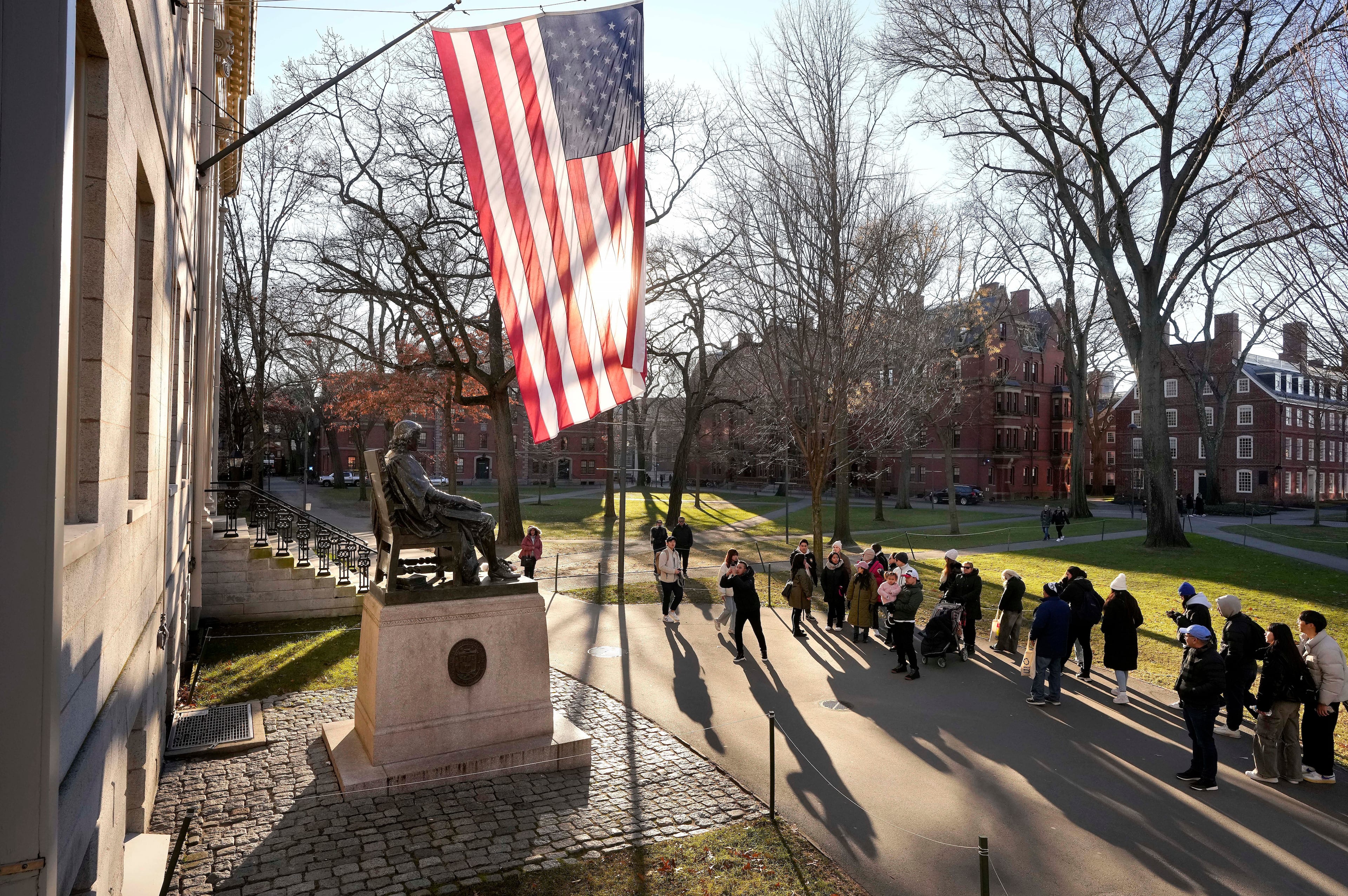Emory is on CAIR’s list of ‘Institutions of Particular Concern’

America’s largest Muslim civil rights and advocacy organization has designated three universities as “institutions of particular concern” because of the threat to the safety of Muslim, Arab, Jewish and other students and faculty who stand against occupation, apartheid and genocide. These universities are among the worst offenders who are promoting a campus environment where those who object to Israel’s decadeslong occupation, apartheid and genocidal treatment of Palestinians are most likely to be silenced, subjected to state force or otherwise harmed for their viewpoints.
These three universities are George Washington University, the University of California Los Angeles and Emory University.


We name only three now. We hope other university administrators will hear this wake-up call and choose to realign themselves with ideals of anti-racism, academic freedom and the American tradition of protest.
We urge students and staff considering these universities to instead apply to institutions that favor academic freedom and that will not subject then to viewpoint discrimination or deploy diversity, equity and inclusion and other policies as a tool to advance anti-Palestinian, anti-Arab and Islamophobic racism.
Before we provide our rationale for these designations, we offer reflections for administration at other universities.
After staying silent during decades of Israeli occupation and apartheid — during which Israel used lethal force against Americans like Rachel Corrie and Shireen Abu Akleh — did you break your silence last October? According to the United Nations, between January 2008 and the end of September, 6,413 Palestinians died “in the context of the occupation and conflict.” This tragedy was insufficient for your statement. In the past few months as Israel has used American weapons to kill more than 39,000 Palestinians, have you issued a statement clearly raising concerns about occupation, apartheid and genocidal actions? If not, why should anyone trust you to educate and protect them?
As students and faculty engaged in the American tradition of protest from October to June, did you opt to deploy state force — the police — against them? According to researchers at Princeton University, 95% of demonstrations occurring between Oct. 7 and May 12 were peaceful, with “no reports of encampment protesters engaging in physical violence or destructive activity.” Our nation, with its strengths and weaknesses, was born at the Boston Tea Party, a protest that included vandalism. Why did anti-genocide protests so offend you that handcuffs, batons and tear gas became an expression of your values?
Have you in the past claimed that academic freedom protects Islamophobic speakers and actions on your university property? Of what substance are words about academic freedom, critical thought and DEI policies if they are cast aside at the slightest political discomfort caused by anti-genocide protests?
At George Washington University, which is already under investigation for violations of Title VI following anti-Palestinian activities, university administrators suspended a Palestinian student group and targeted its student leaders. After the student encampment had been cleared, during which students were pepper-sprayed and brutalized, police trashed Islamic materials, including prayer mats and English translations of the Qur’an. The head of GW’s Program on Extremism, installed around 2015, “is connected to numerous anti-Muslim think tanks in the United States and Europe, and has published in various anti-Muslim outlets” according to reporting from Georgetown University.
At the University of California Los Angeles, police also attacked students, reportedly launching flares, shooting rubber bullets and gassing an anti-genocide encampment. One day before this attack, police had stood by for hours while pro-Israel counterprotesters beat peaceful students with poles and wooden boards, shot fireworks at the encampment, and allegedly threatened to murder and rape UCLA students.
Finally, at Emory University, Muslim and Palestinian students had for months reported that they had been targets of racist remarks from students, faculty and affiliates, while university administrators justified the harassment by reportedly telling students that “when students say ‘Free Palestine’” — a call for Palestinian human rights — “they are associating themselves with terrorism.” Emory leadership permitted the excessive use of force, tear gas and rubber bullets against peaceful protesters at a student sit-in. The U.S. Department of Education’s Office for Civil Rights opened an investigation into the university this year after students filed a federal civil rights complaint for severe anti-Palestinian, anti-Arab and Islamophobic discrimination on campus.
These “Institutions of Particular Concern” represent a sliver of discrimination we have researched and documented. We have emailed and sent physical copies of our report, “Hostile: How Universities Target Anti-Genocide Protesters While Enabling Anti-Palestinian Racism and Islamophobia,” to 600 university administrators.
We invite university administrations reach out to us to discuss alternatives to the un-American tactics that were deployed against voices calling for an end to occupation, apartheid and genocide. The ball is now in their courts.
Corey Saylor and Farah Afify comprise the research and advocacy department at the Council on American-Islamic Relations, the nation’s largest Muslim civil rights and advocacy organization.


